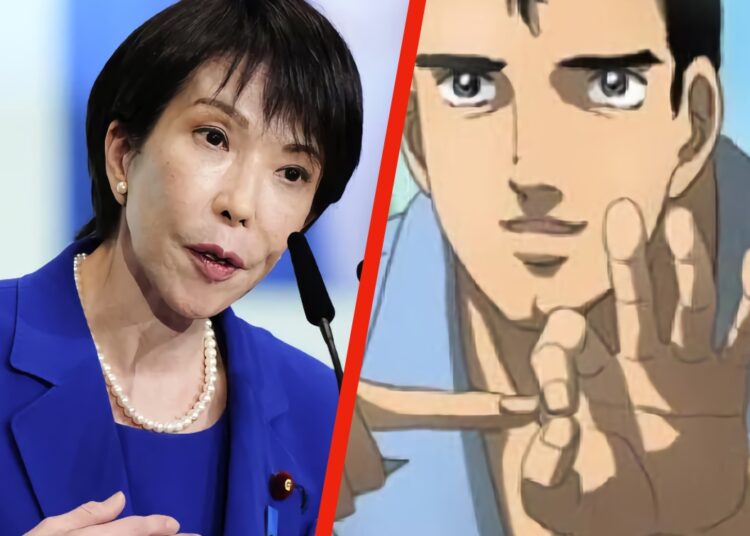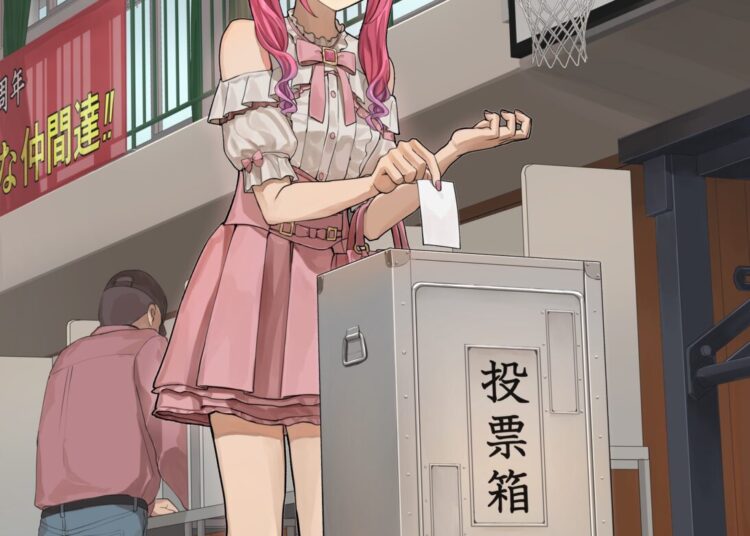When former Prime Minister Shinzo Abe was suddenly assassinated on July 8th with a homemade gun, Japan was shocked that such an event could occur in the most peaceful country on Earth. Soon the government started planning a state funeral for the former Prime Minister, which takes place tomorrow. It was quite an accidental development that, while preparing for Mr. Abe’s funeral, Her Majesty Queen Elizabeth II would die and have her own high-profile state funeral just a few days before. Let’s look at some questions related to Japan’s longest-serving leader and his upcoming funeral.
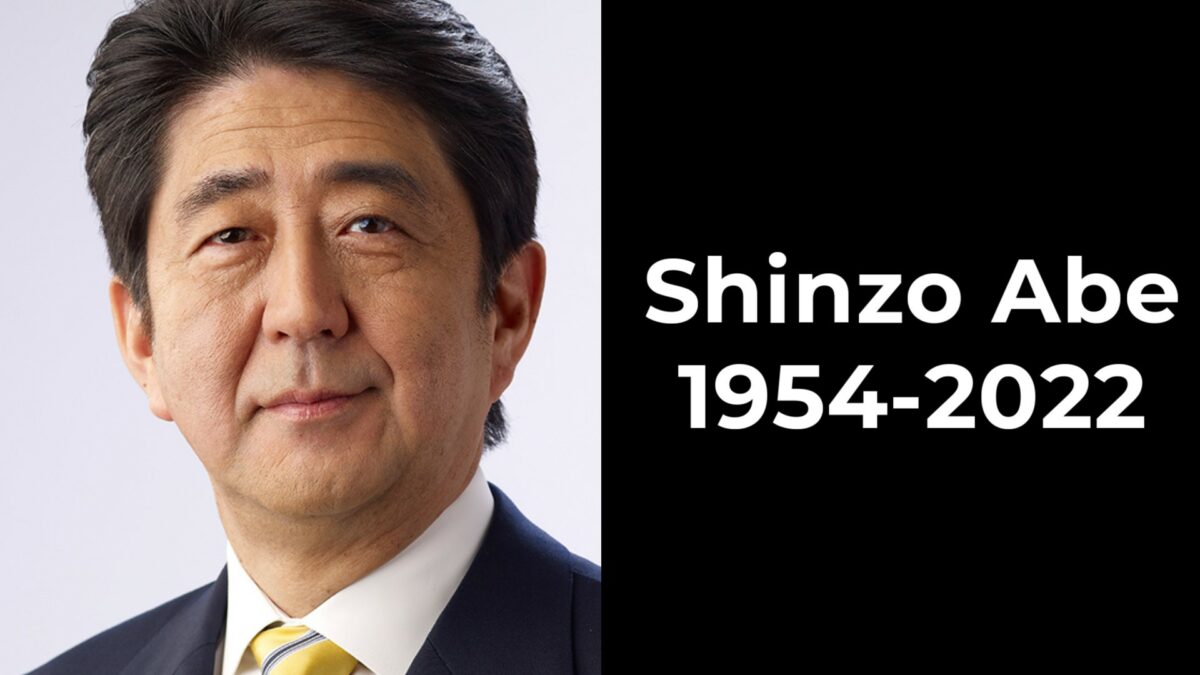
Who Was Prime Minister Abe?
He served as prime minister from 2006-2007 and again from 2012-2020, becoming the longest-serving Prime Minister in Japanese history. His first term of office was just another in Japan’s tradition of the prime-minister-of-the-year revolving door, but his second stint was a lot more energetic, with “Abenomics” largely helping Japan pull out of the “lost decades” after the Tokyo Asset Bubble burst in 1991. He made a lot of headway in international relations and won the summer Olympics for Tokyo, too.
Was Shinzo Abe a Right-Winger?
In general, I know very little about politicians in other countries, only knowing the name of the president/premier/prime minister and no one else. As a result, I’m generally disposed to have a positive view of foreign leaders unless I have information to the contrary.
But when it comes to Shinzo Abe, most people I talk to only know that he’s a right winger, and assume that means he’s a bad person because “Japan did terrible things during WWII.” Maybe they know him from memes as “the Japanese leader who wants everyone to have babies.”
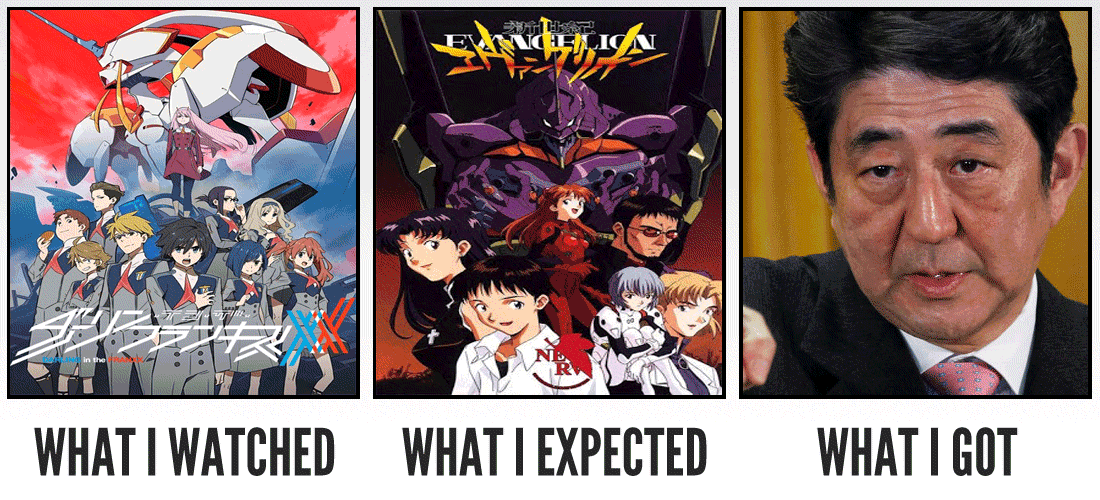
Yes, Mr. Abe was a conservative politician, which in the context of Japan means being pro-business, in favor of the special military relationship between Japan and the United States, and supporting the Japanese imperial system. Mr. Abe defended Japan’s position in the island disputes the country has with Russia, South Korea, and China (a detailed post on this is here). That said, the “conservative” Abe energetically worked to patch things up with South Korea, apologizing and paying restitution over the “comfort woman” problem, though the deal was undone in the aftermath of a popular revolt against President Park Geun-hye. (The new South Korean president Yoon Suk-yeol has a policy of restoring good relations with Japan.)
Read More: How politics works in Japan?
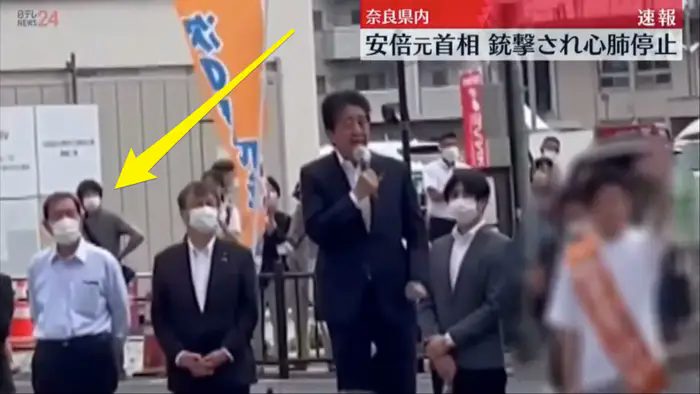
Why was Shinzo Abe Assassinated?
He was assassinated on July 8th by Tetsuya Yamagami, a deranged former Japanese Self-Defence Forces member who had constructed a homemade gun. The shooter reportedly blamed Abe for his ties to the Unification Church, a modern religious movement that has come to be seen as a “shadow organization” supporting various Japanese politicians behind the scenes. Yamagami’s mother had become enamored with the movement and had given away the family’s money and land to the church, and the assassination was revenge for that.
(Mr. Yamagami is undergoing psychological testing to see if he is fit to stand trial and hasn’t been charged with any crime yet.)
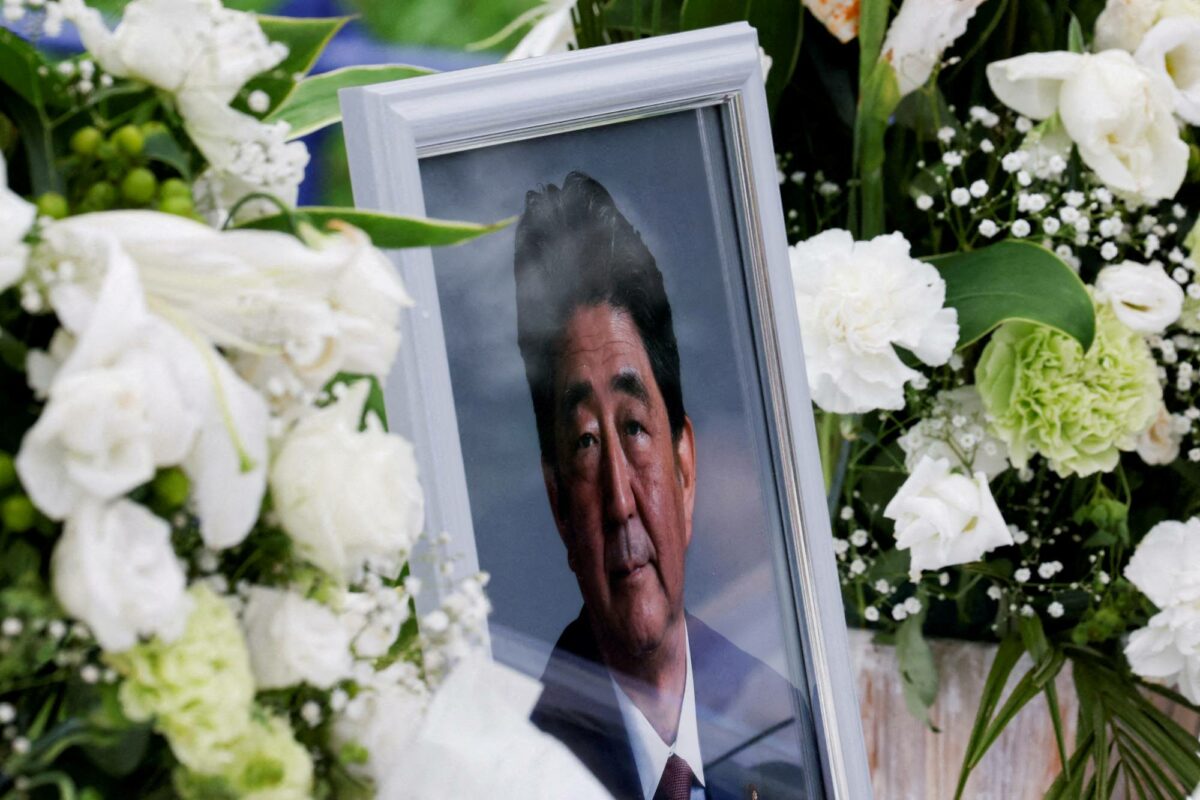
Are State Funerals Rare in Japan?
While every American president receives a state funeral, they’re much rarer here. Japan became a modern constitutional monarchy in 1868, and in the early years state funerals were held as a sort of political tool to gather support for the Meiji government in the name of whatever great leader had died. They were also common during WWII, and when the American military shot down Admiral Isoroku Yamamoto’s plane during the Solomon Islands campaign, a state funeral was held.
The last state funeral was held in 1967, honoring Shigeru Yoshida, an influential former Prime Minister who helped set the pace for Japan’s postwar economic success story.
The reasons supporters are giving for holding a state funeral for Shinzo Abe are:
- Mr. Abe was Japan’s longest-serving prime minister.
- He had special success in strengthening ties with various countries including the U.S. and India.
- Condolences have arrived from all over the world, and Japan would like the opportunity to host foreign dignitaries in person.
- Mr. Abe was assassinated while on the campaign trail right before an election, which adds an extra impetus to honor him with a special ceremony since elections are at the heart of modern Japanese democracy.
Why Are Japanese Citizens Protesting the State Funeral?
When Japan finally held its Tokyo Olympics in July, 2021, I decided to trek down to Harajuku to watch the opening ceremonies from outside the shiny new Olympic stadium. To my surprise, there were several hundred protesters near the station, holding signs that said, “Cancel the Olympics and use the money for COVID relief instead!” Considering that the government had spent millions on the event, including building a brand new stadium, I thought their request to cancel the games at the last minute to be a bit unrealistic. The police made quite a show of force to keep the protesters back.
Protesters are out in force again in Tokyo, this time demonstrating against the decision to hold a state funeral for Mr. Abe. Some object to the cost of the state funeral ($11 million), while others point out the lack of legal basis for the event and the lack of public debate beforehand. One man even set himself on fire in protest of the upcoming state funeral (though he survived). It’s likely the protests will bring about a “political funeral” for current Prime Minister Kishida sooner than he would like…
Let’s Check In with the Foreign Press
A brief note about the inevitable articles you’ll see from Western news sources today about the protests against Abe’s state funeral. Everyone views the world through their own culture, which is why when Northern Europeans compile a worldwide “happiness ranking” based on the things that just happen to be important to Northern Europeans, it just so happens that Finland, Denmark and Norway top the list, and healthy and happy countries like Japan are far down the ranking. Sometimes it seems that Western media can only see Japan through the narrow lens of the past, repeating how Japanese politicians have failed to apologize for their crimes in WWII again, today. (In fact, Japan has made more than 40 official apologies, which always seem to be forgotten or ignored.)
Also, the media knows that people will only click on a headline if it seems like it will make them angry in some way, and will then only spend 30 seconds browsing the article before moving on to something else. It’s hard to fit a lot of nuance into a single article, so focusing on the negative makes sense for them, I guess.
My take is this. Considering that Shinzo Abe is second only in stature to the above-mentioned Shigeru Yoshida in terms of his importance as one of Japan’s former leaders, and considering the shocking way he died, I personally believe the average Japanese taxpayer (of which I am one) is perfectly fine with the expense of the state funeral.
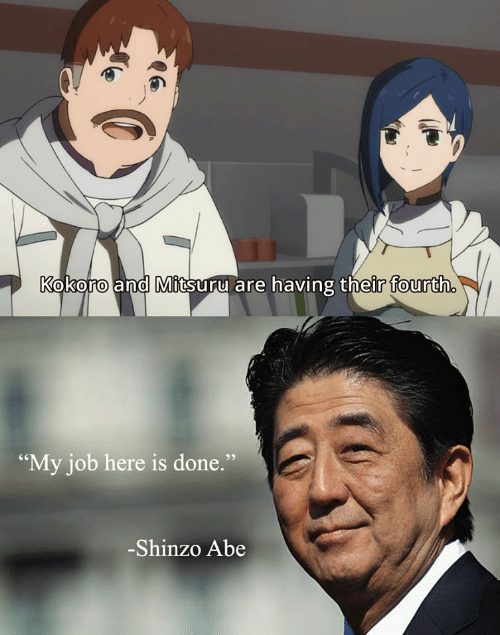
Anyway, Mr. Abe, thanks for all the memes. See you, Space Cowboy!
J-List can only accept Paypal payments right now due to a technical issue. We’re thanking everyone for their warm support during this time with a $10 coupon you can use for anything. Browse new products here, top-selling “wholesome” products, or our best “naughty” items here!



